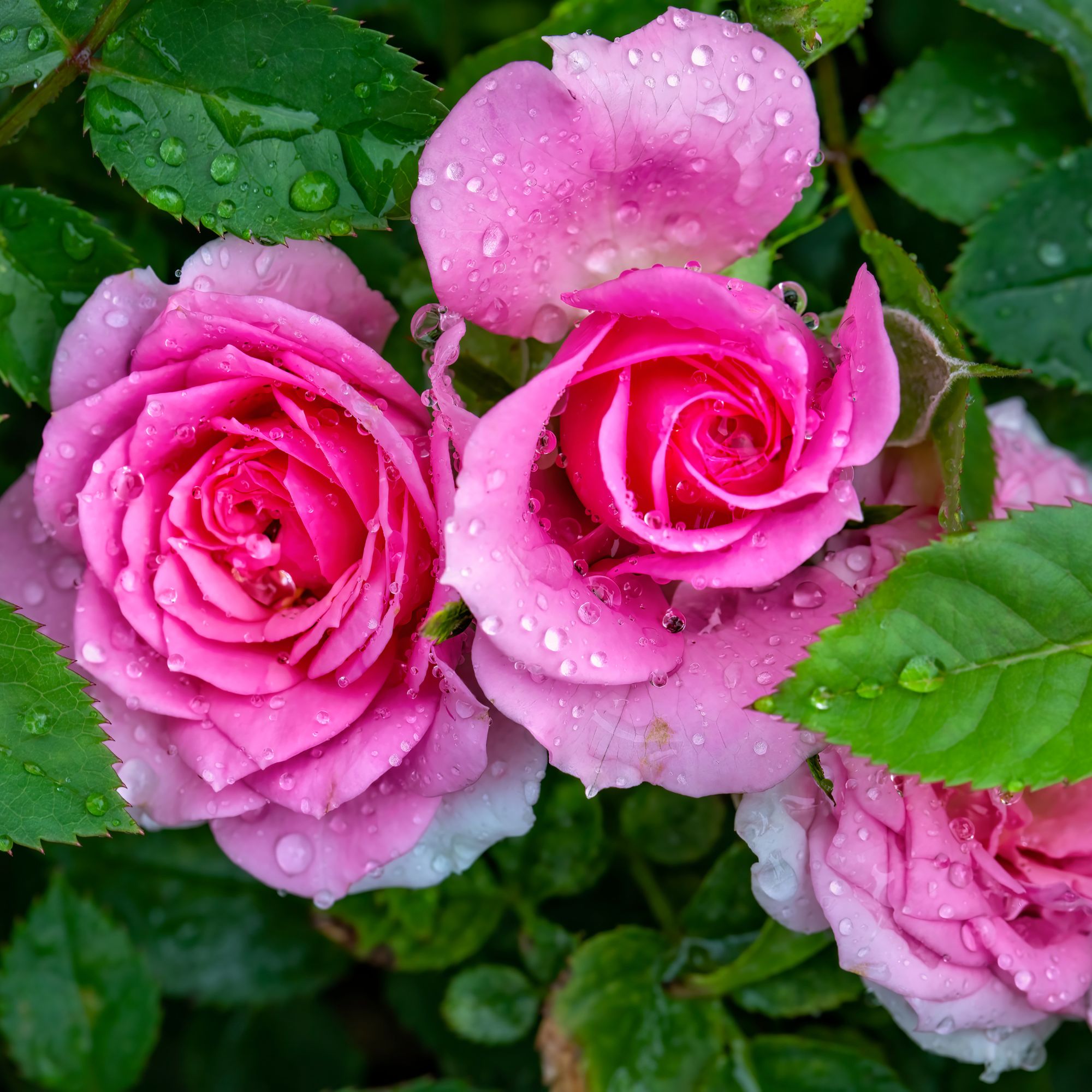
Every rose has its thorn – and that thorn, usually, is how much extra TLC they require once the heavens have opened. So, what to do with roses after heavy rain?
That's right; it's not enough to know how to grow perfect roses – or how to prune them, for that matter. No, this cottage garden idea staple also needs you to be prepared to put the work in... especially when the weather takes a turn for the wetter (a regular occurrence here in the UK, as we're sure you'll agree).
'Roses won't thrive in waterlogged soil,' explain the experts at the Royal Horticultural Society (RHS), who note that flowers and foliage are at risk of fungal diseases should the plant become overwatered.
Morris Hankinson, director of Hopes Grove Nurseries, says that roses can be vulnerable to several issues after heavy rain.
These include:
- Waterlogging
- Powdery mildew
- Black spot
'If the rain is extremely heavy, rose stems can even bend and snap entirely,' he adds.
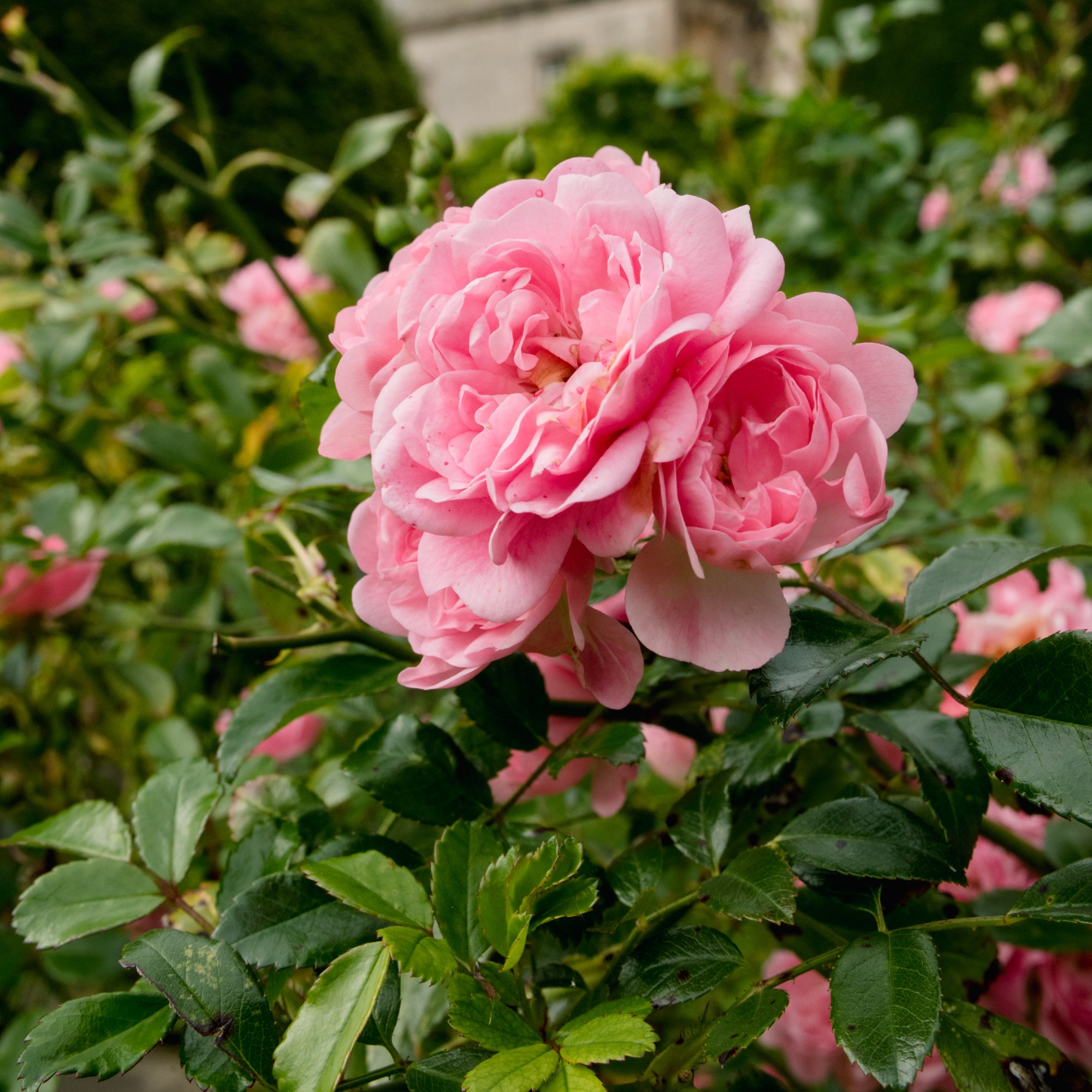
If you're keen to avoid falling foul of any of these garden watering mistakes, then, Morris says it's a good idea to brush up on what to do with roses after heavy rain.
'There are 5 things you need to do after heavy rain to ensure your roses stay healthy and thriving,' he says.
Rose protection must-haves
1. Check the plant
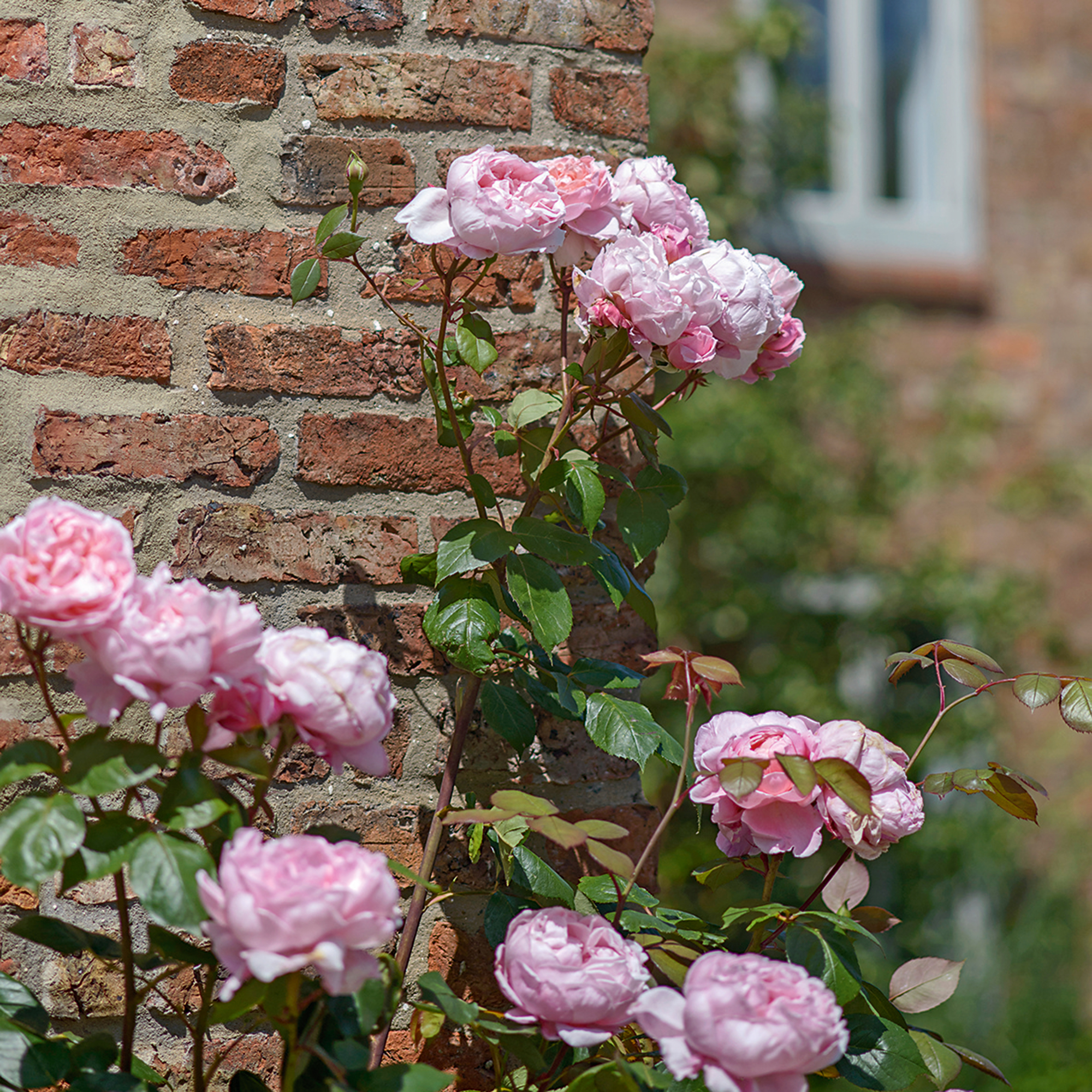
The first and most important thing to do to your roses after a bout of heavy rainfall is to check them for damage.
'Check your roses for any broken, bent, or damaged stems and flowers, then use clean, sharp pruning shears and cut back to a healthy part of the plant,' says Morris.
We recommend using something like The Kew Gardens Collection: Razorsharp Secateurs Set from Amazon for this particular job.
2. Assess the soil

It's important to improve lawn drainage, as waterlogged soil can cause a great deal of unexpected damage to your garden – particularly when it comes to your roses.
'Ensure your soil is well-drained so that it doesn't get waterlogged,' says Morris, who notes that you may need to add a layer of mulch, leaf mould, or compost to help it.
3. Improve air circulation
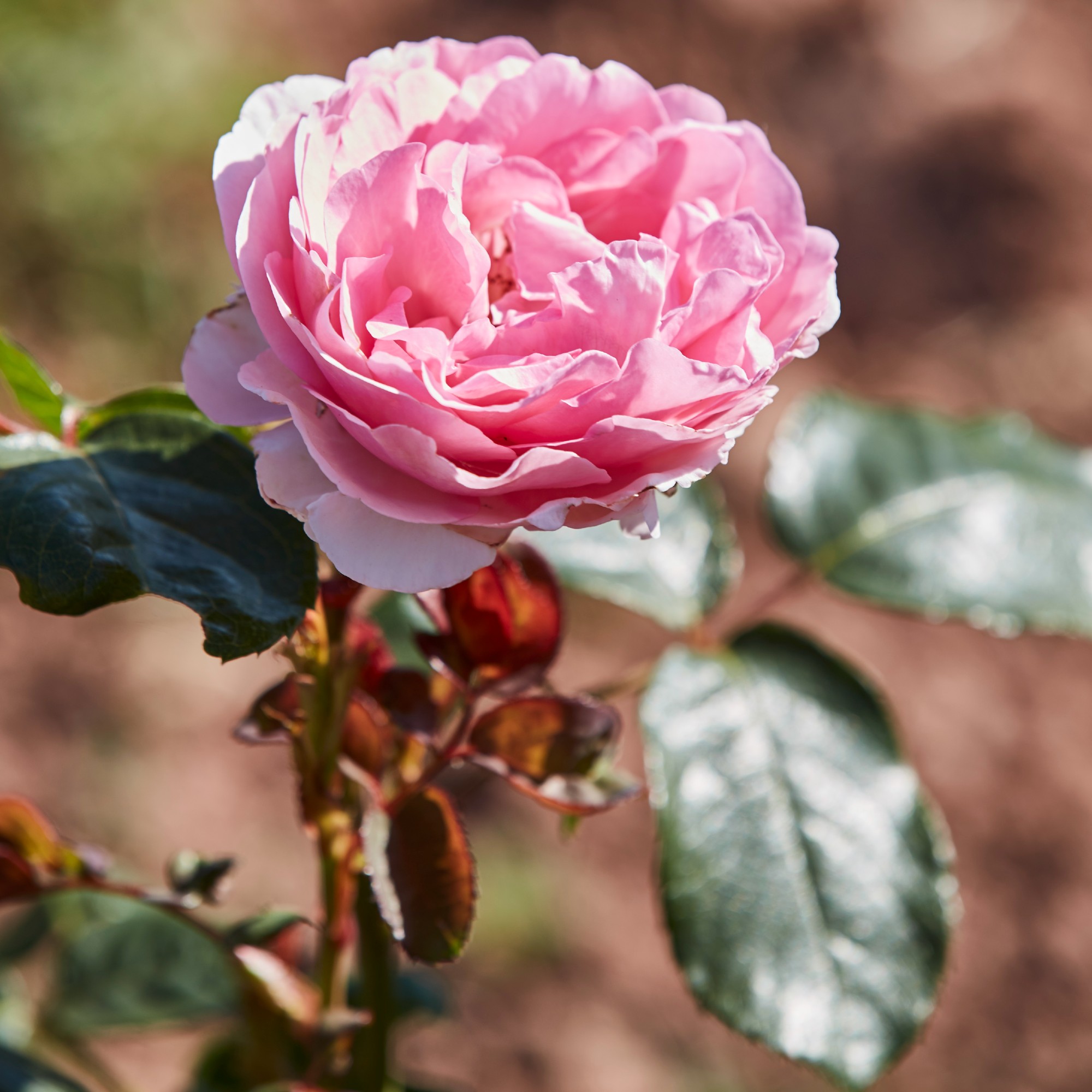
'Improving air circulation and reducing humidity will help your roses dry quicker after heavy rain,' says Morris.
'You can do this by pruning regularly and ensuring your roses are spaced far enough apart.'
4. Shake it off
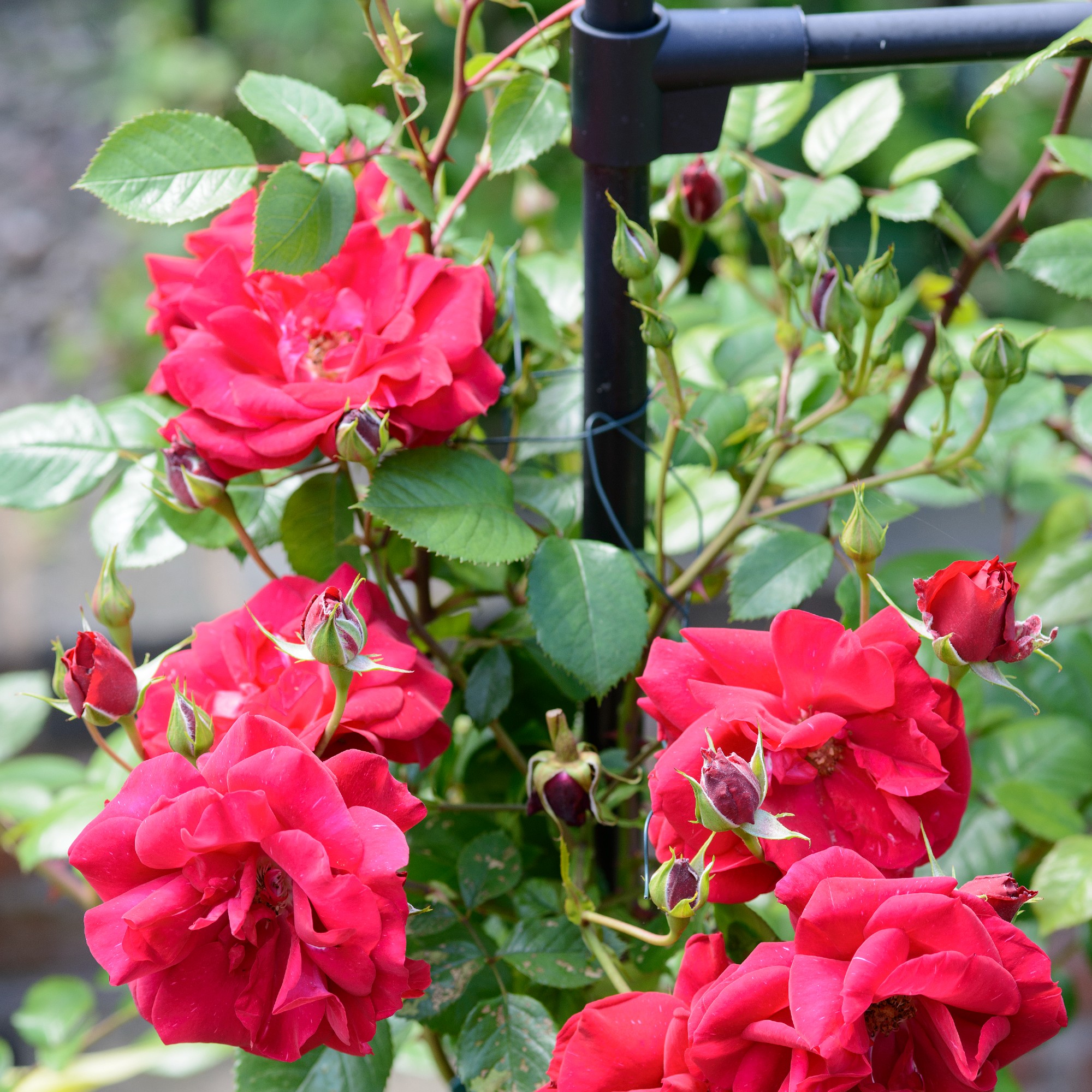
When in doubt over what to do with roses after heavy rain, make like Taylor Swift and shake it off. Or, rather, shake them off.
'Very gently shake your roses to remove as much rainwater as possible,' says Morris. 'Just be very careful as you do so, though, in case they've been damaged by the rain.'
5. Get milk
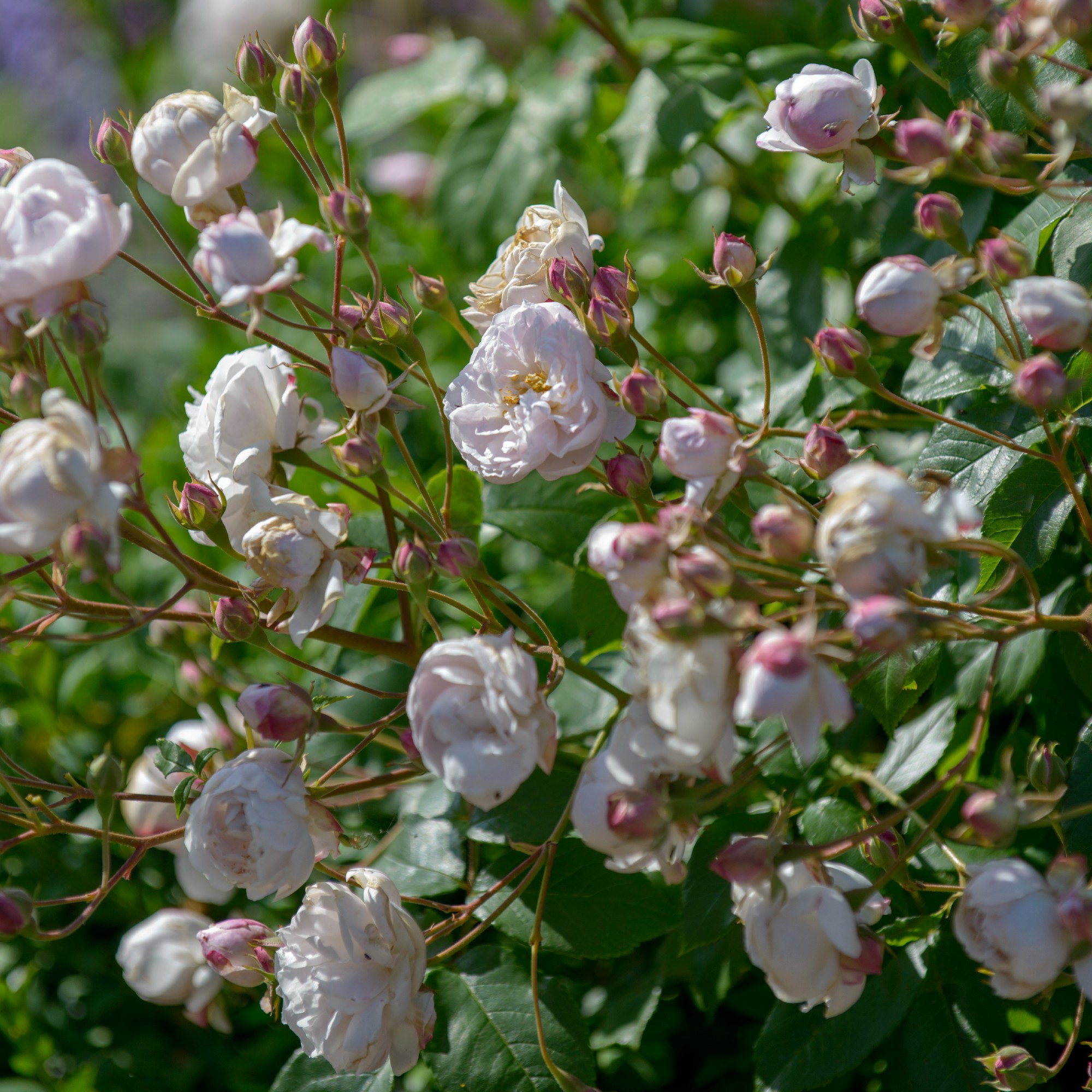
Spotted powdery mildew on your roses? It's time to make a natural fungicide and reach for a common kitchen item: milk!
'If you spot signs of powdery mildew after heavy rain, pour milk on your roses. As strange as it may sound, milk acts as both a fungicide and antiseptic, so diluting milk with water (40% milk and 60% water) and pouring on the plant should do the trick,' promises Morris.
Of course, you could always take things one step further and protect your roses from all of that rain in the first place...
We suppose all that's left to do is wait for a break in the clouds so that we can run out and show our roses some serious love after all this heavy rainfall. And then, just maybe, we might stand there with an umbrella over our beloved blooms to keep them safe from the elements.
Hey, it'll be worth it if these fragranced flowers outlast the bad weather, quite frankly.







